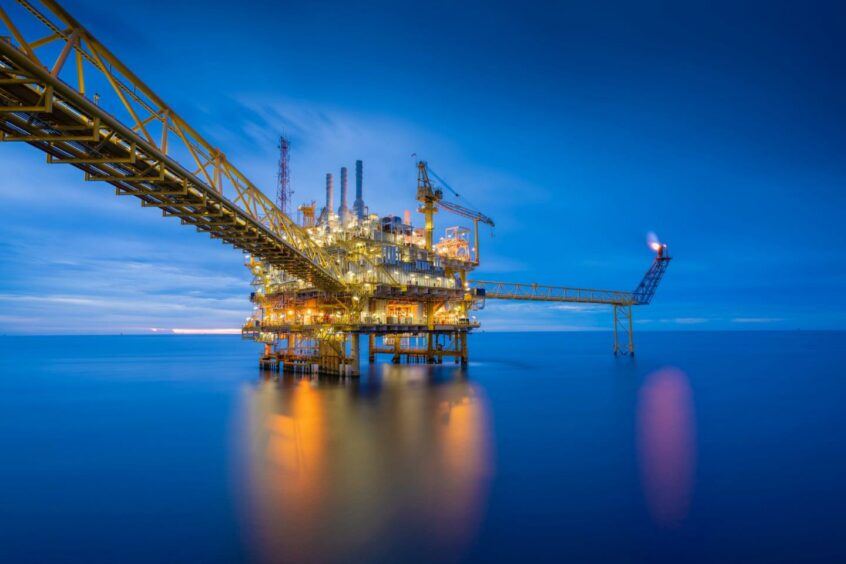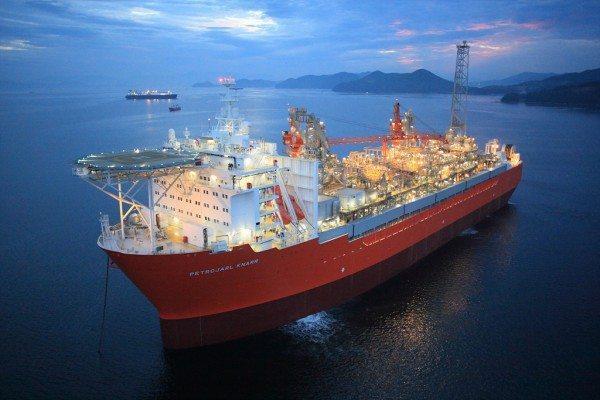
A new dawn for North Sea could be imminent with long-awaited details about the UK’s climate compatibility checkpoint expected shortly.
Westminster will soon publish the results of a consultation, launched last year, on the design of the new checkpoint system that future oil and gas projects will need to meet.
Trade body Offshore Energies UK (OEUK) says the approach will boost UK energy security, while also keeping a lid on greenhouse gas emissions.
As part of a wider strategy designed to ramp up domestic energy sources, Prime Minister Liz Truss recently announced plans for a new offshore licensing round.
Dozens of blocks around the UK will be offered up to companies, opening the door for more exploration and production.
Areas off the north-east of Scotland, Orkney and Shetland are all likely to be in the mix, though the move has been condemned by the green lobby.
More scrutiny on projects
Drilling has been something of a rarity in recent years, and just five exploration wells were spudded in 2021, the lowest number ever.
Offshore licensing, usually a yearly occurrence, has also been on hold since 2020, when 113 licences were awarded.
But activity in the North Sea is on the rise once more, due primarily to more buoyant oil and gas prices.
The results of the climate compatibility checkpoint consultation are the last barrier to restarting the licensing process.
Launched by then energy minister Greg Hands in December, it aims to add another level of scrutiny to ensure new oil and gas schemes adhere to climate targets.
The checkpoint was initially proposed as part of the North Sea Transition Deal (NSTD), a pact between industry and government signed in 2021.
Westminster was expected to publish its conclusions earlier this year but other events, including the Conservative leadership contest, got in the way.
A shot in the arm for energy security
OEUK previously warned that gaps in licensing could lead to an eventual decline in UK oil and gas output.
If that were to happen, the trade body says it would increase the UK’s dependence on hydrocarbon imports, putting consumers at greater risk of energy shortages.
Mike Tholen, OEUK’s acting chief executive, said: “The UK currently relies on gas and oil for 75% of its total energy. Producing our own energy cleanly gives us more control over our own economy and makes us less dependent on other countries.
“That is always important but never more so than now when we face a global crisis over energy supplies. We need to move to a low carbon future but that will take decades – during which we will need continuing supplies of gas and oil.
After a period of stagnation, the wheels are now moving on several North Sea oil and gas projects, including Shell’s Jackdaw and Equinor’s Rosebank.
It was previously suggested by government that the checkpoint wouldn’t impact on the development of the latter, one of the UK’s largest untapped resources.
Emissions reduction already in the frame
Once the consultation is published, industry regulator the North Sea Transition Authority (NSTA) is expected to announce a new oil and gas exploration licensing round, possibly within days.
Industry is already taking steps to reduce the environmental impact of producing oil and gas.
Research from the NSTA published on Wednesday revealed that since 2018, offshore emissions have fallen by 21.5%.
Moreover, the industry is on track to hit it’s near term targets, though more needs to be done to ensure it halves emissions by 2030 as promised.
To achieve that aim various initiatives are ongoing to electrify North Sea assets so that they can be powered using green energy.
Mr Tholen added: “We need new licences now because the UK continental shelf is what we call a mature basin where many existing fields are in gentle decline.
“That means we rely on finding new oil and gas resources simply to maintain production at current levels. We need new exploration and production licences so that we can find those reserves. Delays in issuing licences could lead to reduced gas and oil production – and that would damage our energy security.
“New licences also help maintain continuity for the energy operators and for our vital supply chain companies which, between them, employ nearly 200,000 people.
“They also mean that the UK and Europe are less likely to have to scramble for international supplies or return to using other fossil fuels, with all the implications that would have for cost, emissions, and national security.”
Recommended for you


 © James Veysey/Shutterstock
© James Veysey/Shutterstock 
 © Supplied by OEUK
© Supplied by OEUK